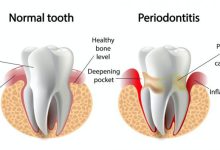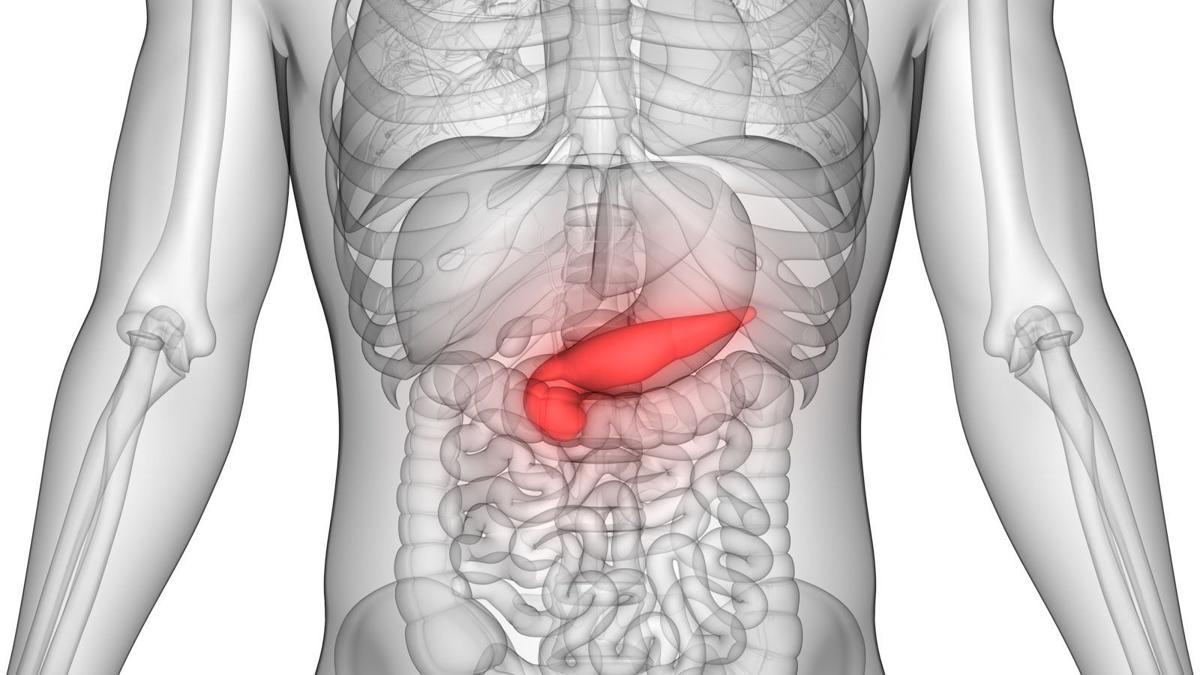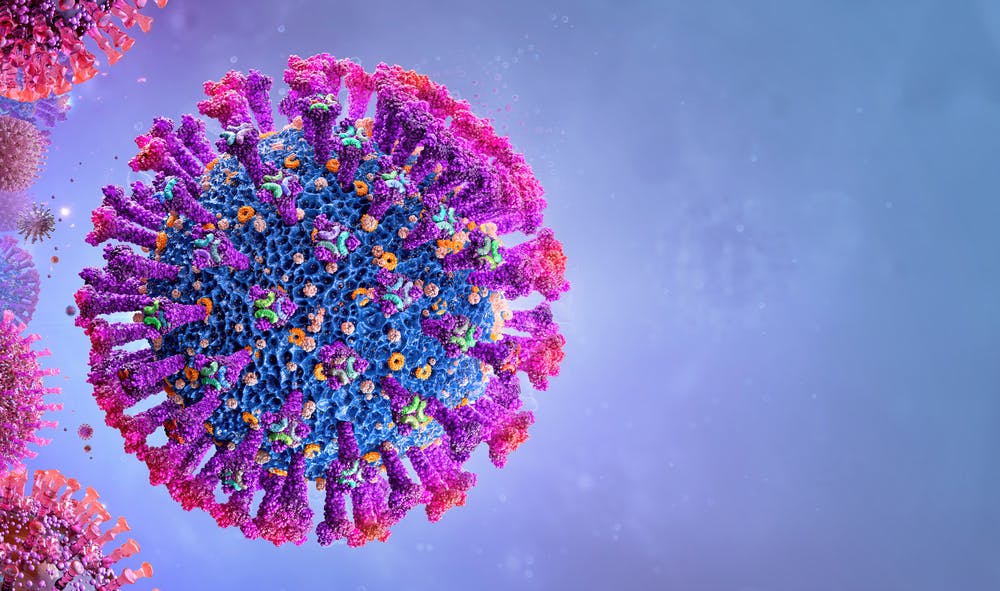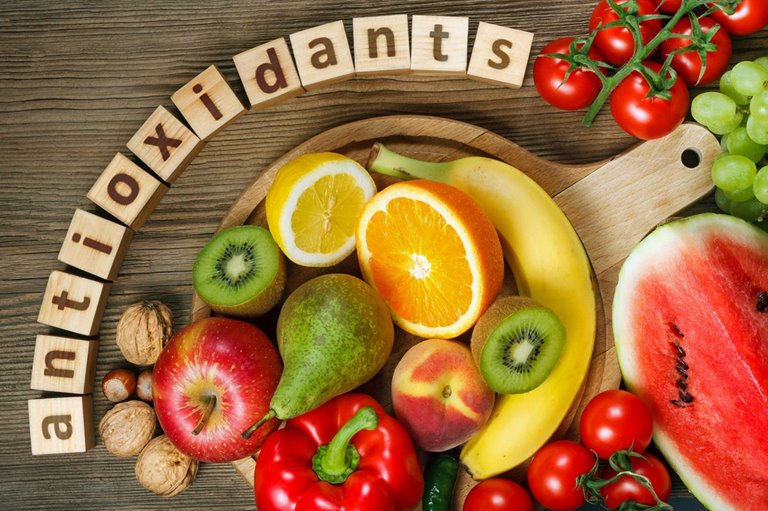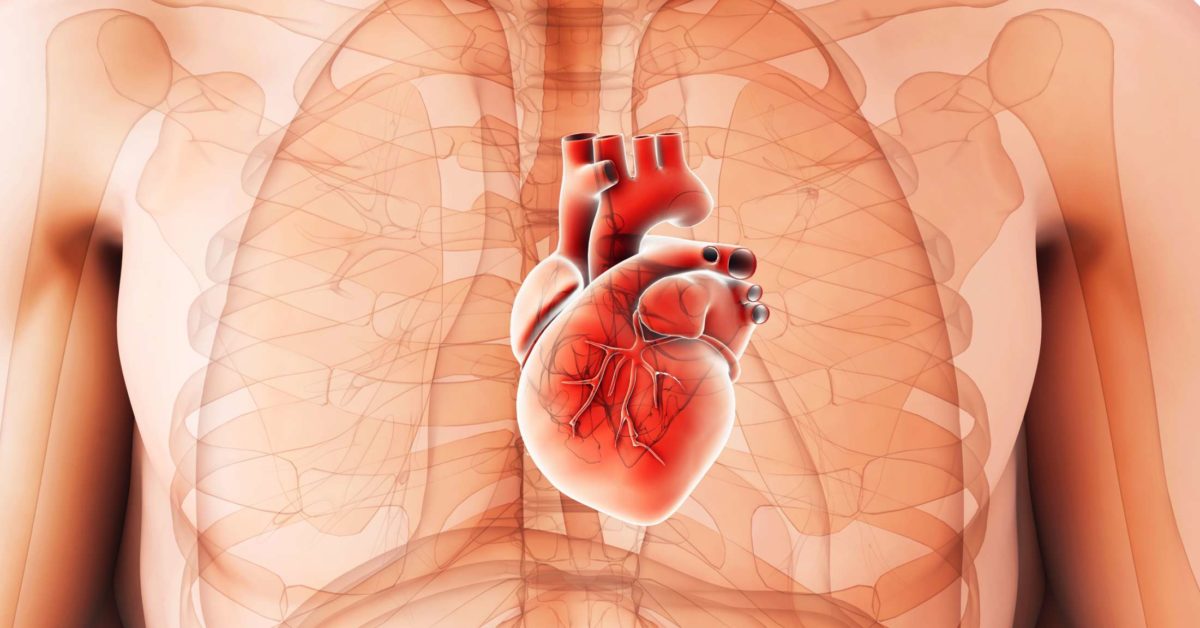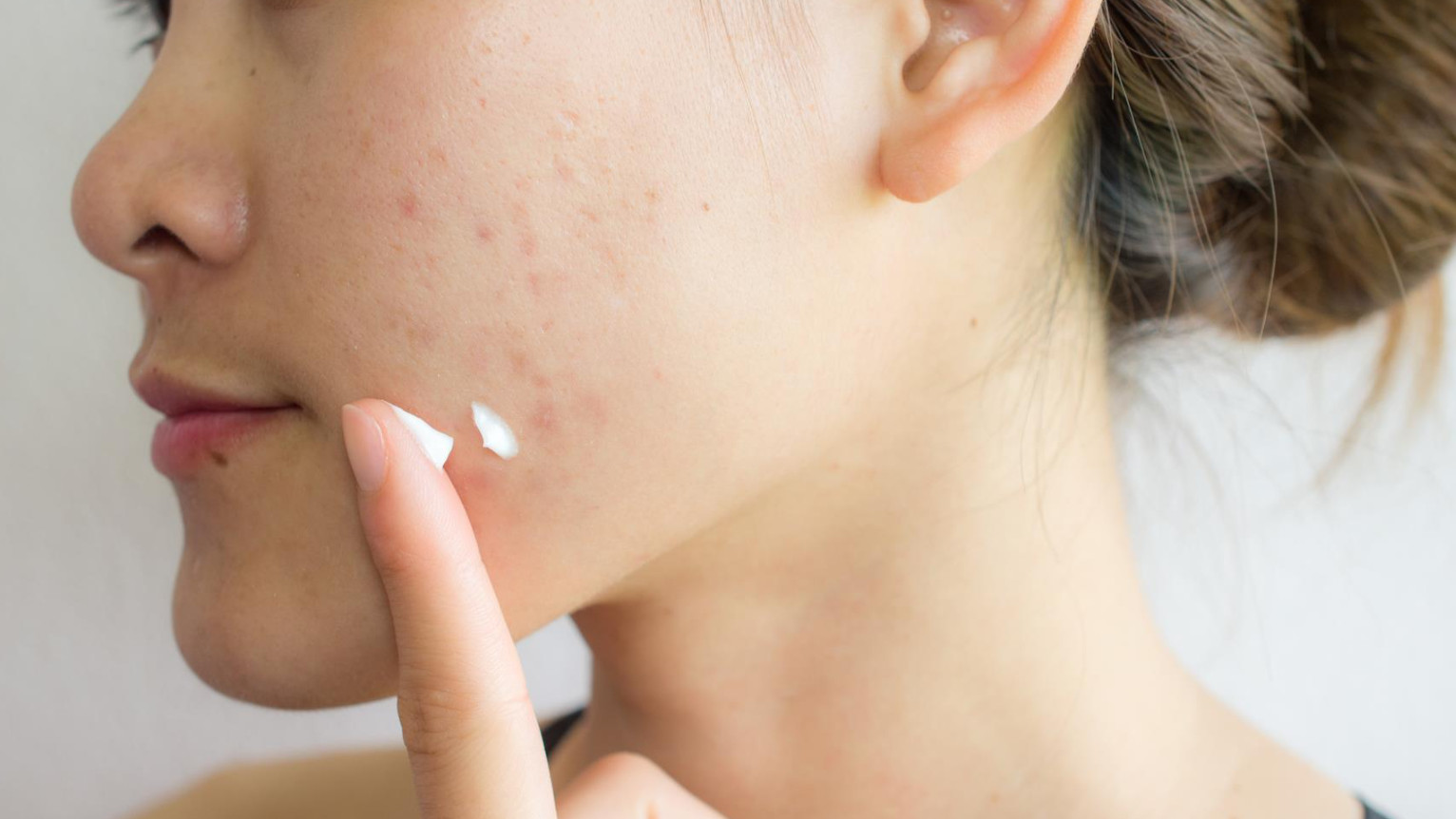Everything about sinusitis and ways to treat it
Sinusitis usually occurs after an upper respiratory tract infection such as a cold. If you have a cold and have the following symptoms, you have probably experienced sinusitis.
Signs and symptoms of sinusitis:
- Nasal discharge is either green or yellow
- The nose is taken
- Pain and tenderness around the cheeks, eyes, or forehead
- Sinus headache
- High body temperature (fever) 38 degrees Celsius (100.4 degrees Fahrenheit) or higher
- toothache
- Feeling an unpleasant odor
- Bad breath (halitosis)
Symptoms of sinusitis in children:
In addition to these symptoms, children with sinusitis may be irritable, breathe through the mouth, and have difficulty eating. The symptoms of sinusitis often go away in a few weeks (acute sinusitis), although they can sometimes last for three months or more (chronic sinusitis).
How can I permanently cure sinusitis?

When should I see a doctor ?!
If your symptoms are normal, you usually do not need to see you and a doctor can take care of yourself at home, but in this case, see your doctor:
If your symptoms get worse and worse
Symptoms do not improve after 7 to 10 days
You often experience different parts of sinusitis.
Your doctor can usually diagnose sinusitis by examining your nasal symptoms. If the sinusitis is severe, you may need further examination by an ear, nose, and throat specialist.
What is the fastest way to get rid of a sinus infection?
What causes sinusitis? What causes a sinus infection?
Sinusitis is usually the result of a cold or flu virus that enters the sinuses through the airways. Only a few cases are caused by the entry of infectious bacteria into the sinuses. Infected teeth or fungal infections can also sometimes cause sinusitis. It is not known what causes (long-term) sinusitis, but here are the causes:
Symptoms and exacerbation of sinusitis
- Allergies and related conditions, including allergic rhinitis (rhinitis), asthma, and hay fever polyps
- Nasal polyps (inside the nose)
- smoking
- Weak immune system
- Ensuring underlying conditions such as allergies and asthma are well controlled, as they can cause chronic sinusitis.
Treatment methods for sinusitis and sinus infection:
The disease is usually caused by a viral infection that resolves on its own. Your symptoms usually go away in two or three weeks, and you can take care of yourself at home. If the condition gets worse, you may need treatment by a doctor or hospital specialist.
Apply a warm compress on the face
Clean your nose regularly with saline solution. You can make it at home or get it from a pharmacy. If your symptoms do not improve or get worse, your doctor may prescribe antibiotics or corticosteroid drops. If your symptoms do not improve after these treatments, you may see a surgeon empty your sinuses. Apply a warm compress to your face to relieve your pain and help clear mucus from the sinuses.

Saltwater solution
Regularly clean the inside of your nose with saline solution to help drain and open your nose. You can get this saline solution both from a pharmacy and from yourself. To make it at home, add a teaspoon of salt and a teaspoon of sodium bicarbonate to a bowl of boiling water and allow it to cool.
Wash your nose
Wash and dry your hands. Stand facing the sink, pour the solution in the palm of your hand. Pull the water up through one of the nostrils and repeat these steps to lighten your nose. (Not all solutions may need to be used). You have to create a new solution every day.
Treatments your doctor may prescribe for sinusitis:
Analgesic and anticoagulant for the nose
Most people with sinusitis feel better in two or three weeks and can take care of themselves at home. You can improve and eliminate your symptoms:
With painkillers, such as paracetamol or ibuprofen and nasal anticoagulants, these medications should not be used for more than a week, as they can make the condition worse.
Be sure to read your package leaflet and never give aspirin to children under 16 years of age.
They may prescribe corticosteroid drops or sprays, or antibiotics. If these treatments do not help, you will be referred to an ear, nose, and throat specialist.
What is the best treatment for sinusitis?
Corticosteroid drops or spray
Corticosteroids, also known as steroids, are a group of drugs that can help reduce inflammation. If you have persistent symptoms of sinusitis, your doctor may prescribe a steroid drop or spray to reduce sinus swelling and use it for several months. Possible side effects include a burning nose, sore throat, and nosebleeds.
antibiotics
If your doctor suspects that your sinus is infected with bacteria, he or she may prescribe an antibiotic pill or capsule to treat the infection. You should usually take the pill for a week, although sometimes you may need a longer period. Possible side effects of antibiotics include feeling sick, diarrhea, and abdominal pain.
Surgical treatment of sinusitis:
If your symptoms do not improve despite your best efforts, a sinus endoscopic surgery procedure (FESS) is recommended, which is a way to drain the mucus from the sinuses.
FESS is usually performed under general anesthesia. During In this procedure, the surgeon inserts an endoscope into your nose, which has a thin tube, a lens on one head so that the surgeon can see larger parts of your nose and the surgeon. Allows the sinuses to open and insert surgical instruments, and then act on any tissue such as a (large) nasal polyp that destroys the damaged sinus. Side effects and possible risks of these measures include temporary discomfort and pain and scaling inside the nose, nosebleeds, and infection, so be sure to talk to your surgeon about side effects before having this surgery.

20 natural remedies for treating infectious sinus using traditional medicine prescriptions:
Treat the symptoms
Treating the causes of this disease is always much more important than treating the symptoms, which means that you feel more worried when you have a sinus infection. So before you focus on boosting your immune system, focus on the cause of the infection.
Being hydrated
Drink plenty of water, sugar-free water, broth, and hot tea. These fluids help thin the mucus and help break it down in the stimulated sinuses. Avoid alcohol, caffeinated beverages, sugary drinks, and smoking, which can cause dehydration, thickening of the mucous membranes, and airway obstruction.
Remove excess mucus
Spicy foods, such as cayenne pepper, can be mixed with apple cider vinegar and lemon juice to create a dissolving elixir and mucus separator.
Activation of pressure point
For temporary relief of the nasal passages, try a quick facial massage when none of the other options are available. These seven quick steps are done in less than two minutes, and if done correctly, you will breathe easier.
Inhalation
Combining a few drops of eucalyptus oil or peppermint in warm water hardens the hard and thick nasal mucosa. Put your face right on the water, put a towel on yourself and breathe.
Rinse with saltwater
If you are prone to sinus infections and do not have a neti pot, be sure to get it. This small handheld device moisturizes your nasal cavity and creates unwanted mucus and inhaled contaminants.
Grapefruit seed extract
Grapefruit kernel extract (GSE) is a natural antibiotic that is completely powdered from the dried grapefruit seeds and their flesh and pulp, which helps clear the mucus when using GSE nasal spray. It prevents other microbial contamination in sinus tissues, and we recommend using grapefruit nose extract four times a day.
Turmeric or ginger root
Turmeric root is an excellent and fragrant spice commonly used in India and some Middle Eastern cuisines. Turmeric contains curcumin and a natural anti-inflammatory agent, and an antioxidant. If combined with warm ginger root, it helps reduce mucus and nasal congestion and reduces sinus pressure.
Ginger root also contains an additional substance to soothe the stomach (a frequent side effect of nocturnal sinus discharge).
Apple cider vinegar
Add two or three tablespoons of unprocessed apple cider vinegar to a cup of warm water or tea and drink it three times a day as it reduces mucus density, and you can also flavor it with lemon juice and honey. Once you have reduced some of the pain and tightness in your mucous membranes, you now want to boost your immune system to protect yourself from infection.
Chicken soup with vegetables
This treatment relaxes the bones of the nasal cavity and respiratory system and also contains important minerals.
Horseradish
Anyone who has accidentally eaten a large amount of horseradish has also experienced the strong ability of this substance to clean the nose, so mix a little horseradish with lemon to strengthen its effect.
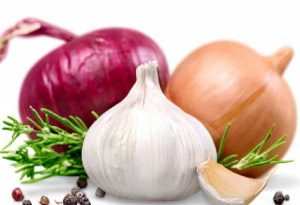
Garlic and onion
Both of these vegetables boost the immune system.
Foods are rich in vitamin C.
Eating foods rich in vitamin C can strengthen the immune system and accelerate the healing of sinusitis.
Oregano oil
Mountain oil contains two strong compounds, carvacrol, and thymol, which have antibacterial and antifungal properties. I recommend taking 500 mg of liquid oil four times a day, and you can also drink a few drops for sinus infections. Add peppermint oil to a large bowl of freshly boiled water and be careful not to burn yourself; cover your head with a towel, and inhale the fragrant steam for a few minutes. This helps clear the nasal passages and can be repeated several times a day.
Vitamin C
Vitamin C is essential for the proper functioning of the immune system, protecting the body system against infections, and helping the body fight infections. Vitamin C as an antioxidant also protects our cells from free radical damage. I recommend taking 1000 mg of vitamin C several times a day.
Garlic
Garlic is one of the best natural antibiotics because colds often lead to sinus infections. Garlic is a great way to treat sinus infections and prevent them in the first place. One group was given a garlic supplement and a placebo for 12 weeks during the cold seasons (November to February). Consumers had fewer colds, and if they caught a cold, they would recover faster than the placebo group.
To promote the general health of adults, the World Health organization receives daily doses of two to five grams of fresh garlic, 0.4 to 1.2 grams of dried garlic powder, two to five milligrams of garlic oil, 300 to 1000 milligrams of garlic extract, or other items.
Echinacea
Echinacea is a plant that can protect your body against viruses and bacteria. Herbs are often recommended for the natural treatment of sinus infections. It is best to take an echinacea supplement at the first sign of illness. It is recommended to consume 1000 mg of Echinacea two to three times a day.
Neti pot
Also, using a salt container with a saline solution can greatly improve sinus problems and clear the nasal airways.
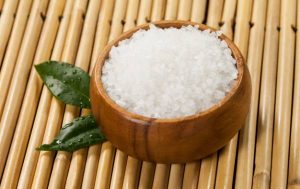
Add moisture
Fumigation, nasal spray, or steam, adding moisture to the air, and passing it through the nose can help reduce mucus density. It is recommended that you eat the device you are sleeping on, especially when you have a sinus infection. You can also use a natural nasal salt spray several times a day. Inhalation of steam is especially useful in reducing sinus headaches.
Essential vegetable oils
Naturally, you can use eucalyptus oil and peppermint oil to cleanse the sinuses. These oils can naturally open the sinuses, shrinking the mucosa and eliminating the infection. Apply each drop to the roof of the mouth (do this with essential oils only). Then drink water. Another good idea is to spread the essential oils in the air.
Avoid these foods and drinks:
- Sugar: Reduces white blood cells, which helps fight infection.
- Juices: Although orange juice contains some vitamin C, it does not contain other fruits and vegetables. If you want to drink fruit juice, dilute it.
- Dairy products: Milk and other dairy products cause mucus, so it is best to avoid them.
- Refined Flour and Cereals: All refined grains can produce more mucus.
- Salt: Without adequate water intake, salt can cause dehydration and reduce the healing process of sinusitis.
Natural remedies for sinusitis:
- There are many home remedies that you can use to reduce symptoms and improve sinus infection:
- Drink plenty of fluids such as water and citrus juices because it is important to stay hydrated to help fight infections and clear your nose.
- Use saline solution or nasal drops: You can make your salt drops by mixing 1 cup of warm water with 1/8 teaspoon of salt and a little baking powder.
- Use incense. Otherwise, you can take a bowl of boiling water, put a towel on your head and inhale the steam.
- The use of nasal strips also helps to open the nose. For sore throat, mix salt water (1/4 teaspoon of salt per 8 ounces of water) with warm drinking water, and honey and lemon also relieve sore throat.
- Make sure you get enough sleep, as it helps the immune system fight infections.
- For headaches: Put warm or cold packs on your shoulders or neck, apply a cold compress to your forehead, massage, or take a warm bath, which can help reduce headaches.
Sinus infection during pregnancy:
Decreased appetite is common during pregnancy, and feeling sick will not help. However, even if you do not have an appetite, it is important to eat well. Be sure to eat nutritiously, and healthy foods such as fruits and vegetables and soups may also be a good option.
See your doctor at this time to see sinusitis and sinus infections:
- If you cough to get rid of green or yellow mucus.
- If you have a fever over 101 degrees Fahrenheit
- If you can not eat or sleep.
- If your infection does not improve
Your doctor will prescribe the best medicines to keep you and your baby safe and healthy. While sinus infections are not fun, there are ways you can take care of yourself and reduce symptoms through medication or home remedies.


